As educational leaders, our role extends beyond simply creating and delivering professional development. We are tasked with striking a delicate balance—addressing the individualized needs of both students and educators while aligning with the goals of the school and community. This challenge requires a mindset shift: instead of pursuing perfection, we must embrace imperfections as opportunities for growth.
Imperfections reveal the gap between perception and reality, much like a lesson plan that works in theory but struggles in practice. Modeling this vulnerability with staff fosters a safe environment where educators feel supported to confront challenges and grow. Professional development, at its core, is more than learning new teaching methods. It is a belief system—a commitment to continuous reflection, learning, and improvement.
Fostering Lifelong Learning
For professional development to inspire lifelong learning, educational leaders must create intentional spaces for trust, reflection, and collaboration. These spaces allow educators to engage in both individual and peer-supported reflection—an approach that strengthens knowledge retention and skill development. Through this process, imperfections can be addressed, student growth needs can be met, and advancements in teaching methodology and technology integration can flourish.
Professional development should also reflect the same principles of inclusivity and equity we seek to instill in our classrooms. By addressing educators’ unique learning needs, we model the very commitment to growth we hope to inspire in our students.
Moving Beyond the “Shiny New Toy”
While it may be tempting to rely on flashy, one-size-fits-all external professional development programs, these often lack long-term impact. Without tailoring to individual interests or fostering a culture of continuous improvement, these programs risk becoming outdated or ineffective.
Instead, a leader’s guidance—anchored in the community’s vision and collaborative goal-setting—can create a culture where neurodiversity thrives, innovation inspires, and imperfections are seen as steppingstones to progress. In such an environment, educators are empowered to find solutions, experiment with new ideas, and work collaboratively to achieve shared goals.
Practical Wins for Lasting Impact
Tailored, reflective professional development offers several advantages:
- Cost-Effectiveness: Leveraging in-house expertise and peer leaders reduces expenses.
- Collaboration and Networking: Peer-to-peer learning builds stronger professional networks and fosters a culture of trust and mutual support.
- Long-Term Growth: Moving away from the cycle of superficial professional development allows for sustained development and deeper learning.
- Practical Implementation: Simple scheduling adjustments—such as collaborative prep periods—can create opportunities for meaningful, ongoing professional growth.
Striving Toward Perfection Through Imperfections
In education, progress often comes from acknowledging what isn’t working and having the grit to address it. By embracing imperfections, leaders can foster a culture of inclusivity, equity, and growth that benefits educators, students, and the community as a whole.
Professional development is more than a box to check—it’s a commitment to lifelong learning. As we work on our own imperfections and encourage others to do the same, we create a foundation for sustainable growth and meaningful change in our schools. Together, let’s take this “easy win” and turn imperfections into opportunities for lasting improvement.
At Capital Strategic Solutions, we recognize the challenges and pressures you may be experiencing. We can help by providing training or interim staff who have previously excelled in these roles.
If you have any needs, please contact us today at (508) 690-0046 or email us at Info@Capital-Strategic-Solutions.com.
From Vision to Practice: Sara Pragluski Walsh’s Imperfection-Driven Professional Development
Sara, a Senior Project Manager at Capital Strategic Solutions, specializes in translating visionary ideas into actionable, sustainable professional-development experiences. Drawing on her expertise in project-based implementation and data-informed coaching cycles, Sara partners with school leaders to co-design professional development that surfaces real-world challenges, invites reflective risk-taking, and leverages in house talent rather a than a one-size-fits-all solutions. Her facilitative approach – anchored in trust building protocols, collaborative goal-setting, and iterative feedback loops – help educators transform perceived “flaws” in practice to catalysts for innovation, equity, and continuous growth, ensuring measurable impact in classrooms and communities.

